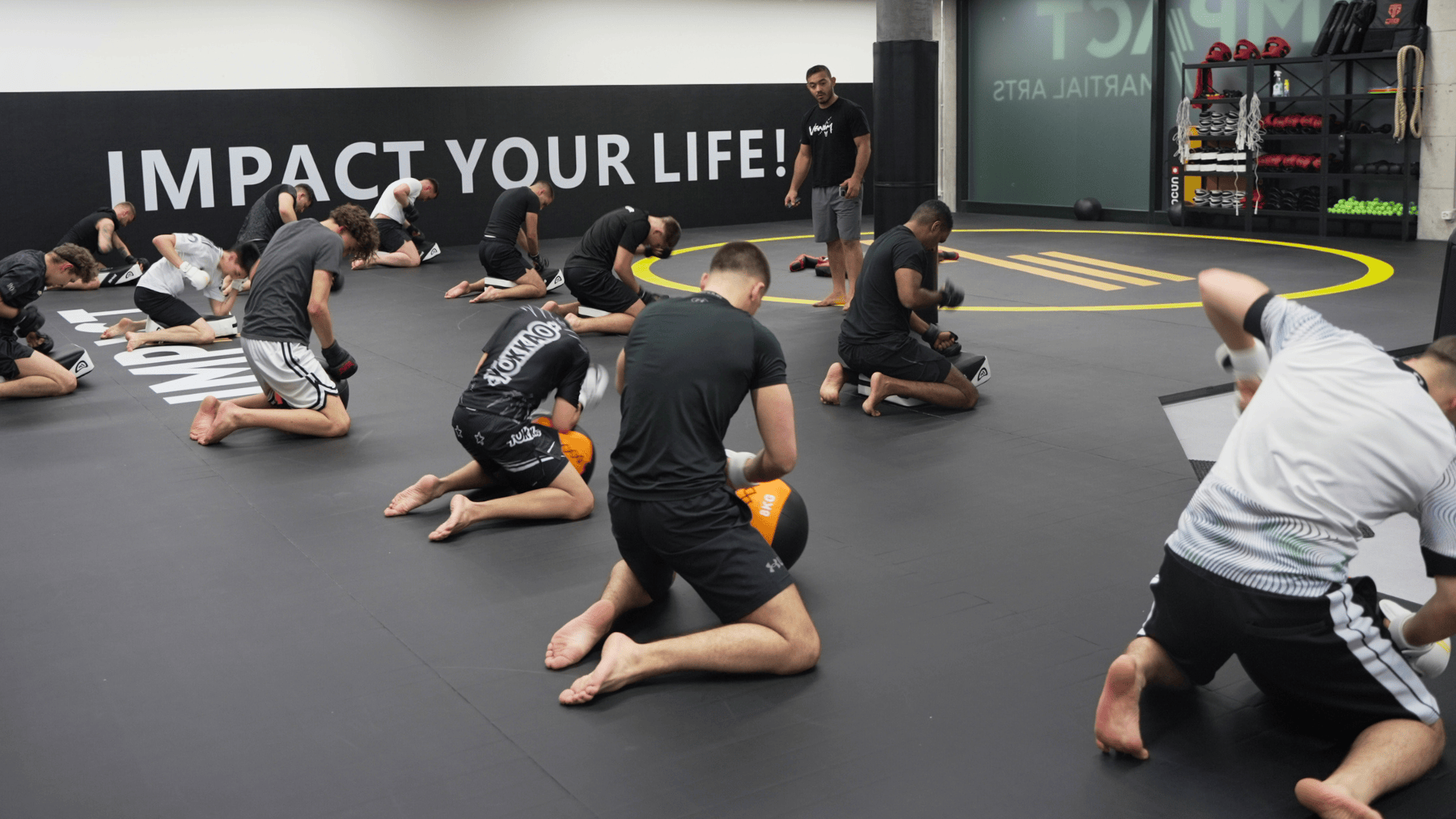.png)
"You are what you eat—so don't be fast, cheap, easy, or fake."
Nutrition is the cornerstone of effective training, yet with so much conflicting information out there, it's easy to get lost. Let's debunk some common nutrition myths to help you fuel your body for peak performance.
Myth 1: Carbs Are the Enemy
Many believe that carbohydrates hinder performance, but for martial artists, carbs are essential. They are your body's primary energy source during high-intensity training. The Journal of the International Society of Sports Nutrition emphasizes that adequate carbohydrate intake is crucial for maintaining glycogen stores and delaying fatigue (Kerksick et al., 2018).
Myth 2: More Protein Equals More Muscle
While protein is vital for muscle repair and growth, consuming excessive amounts doesn't necessarily lead to increased muscle mass. Your body can only utilize a certain amount. Research suggests that 1.4–2.0 grams of protein per kilogram of body weight per day is sufficient for most athletes (International Journal of Sport Nutrition and Exercise Metabolism, Thomas et al., 2016).
Myth 3: Supplements Can Replace Whole Foods
Supplements are designed to complement your diet, not replace nutritious foods. Whole foods provide a complex array of nutrients that work synergistically. A study in Advances in Nutrition highlights that nutrients from whole foods are more effective for health and performance than isolated supplements (Jacobs et al., 2009).
Eating Right for Martial Arts
- Balance Is Key: Incorporate a mix of carbohydrates, proteins, and healthy fats.
- Stay Hydrated: Water is vital for performance and recovery.
- Timing Matters: Eat a balanced meal 2–3 hours before training and a protein-rich snack within 30 minutes after.
References:
- Kerksick, C. M., et al. (2018). International society of sports nutrition position stand: nutrient timing. Journal of the International Society of Sports Nutrition, 15(1), 17.
- Thomas, D. T., Erdman, K. A., & Burke, L. M. (2016). Position of the academy of nutrition and dietetics, dietitians of Canada, and the American College of Sports Medicine: nutrition and athletic performance. Journal of the Academy of Nutrition and Dietetics, 116(3), 501–528.
- Jacobs, D. R., Gross, M. D., & Tapsell, L. C. (2009). Food synergy: an operational concept for understanding nutrition. American Journal of Clinical Nutrition, 89(5), 1543S–1548S.




.png)

.png)
.png)